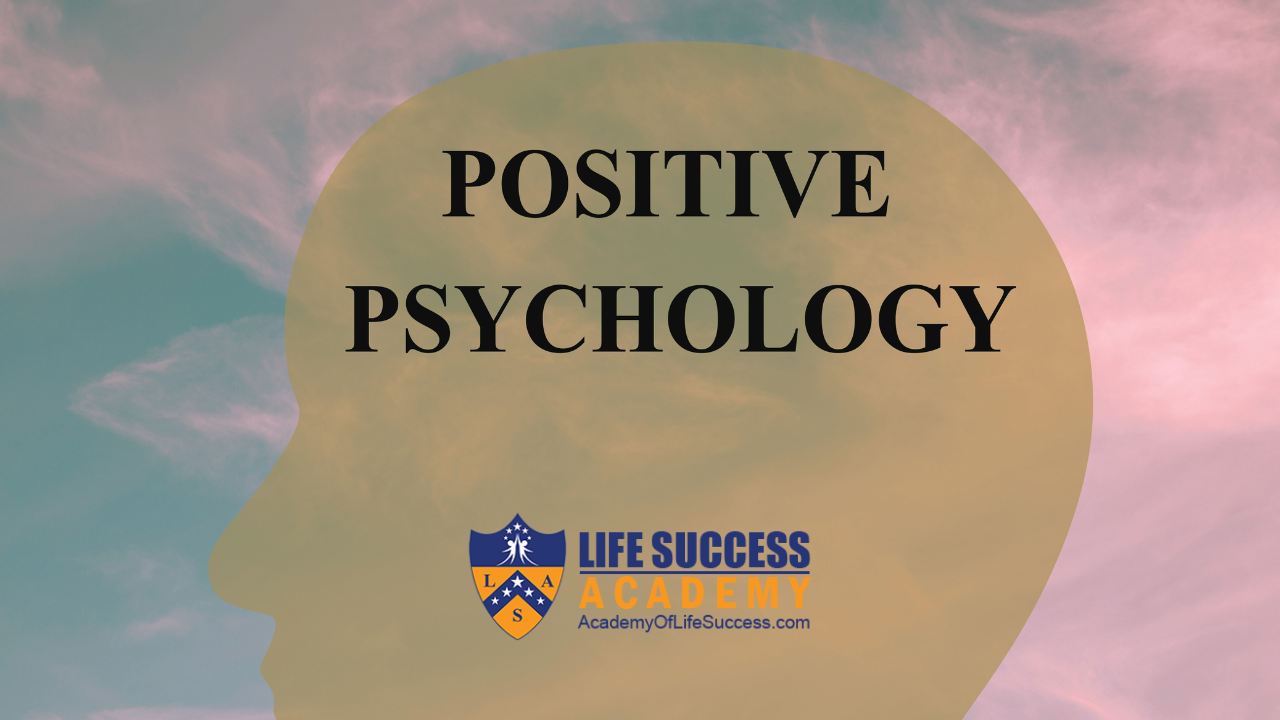Can Positive Psychology Help Depression?
Apr 05, 2023
Can Positive Psychology Help Depression?
KEY POINTS:
-
Positive psychology interventions can help to reduce symptoms of depression by increasing positive emotions, promoting resilience, and increasing engagement in activities that bring pleasure and satisfaction.
-
Positive psychology interventions can be used in conjunction with traditional treatments, such as medication and therapy, to provide a holistic approach to treating depression.
-
Positive psychology interventions can help people with depression shift their focus away from negative thoughts and feelings, build self-confidence, and promote a sense of meaning and purpose in life.
Depression is a common mental health disorder that affects millions of people worldwide. It is characterized by feelings of sadness, hopelessness, and loss of interest in activities. While traditional treatments for depression, such as medication and therapy, have been shown to be effective, there is increasing interest in the use of positive psychology to help individuals with depression.
Positive psychology is a relatively new field that focuses on the study of human flourishing. It is based on the idea that people are capable of experiencing positive emotions, such as joy, contentment, and satisfaction, and that these positive emotions can contribute to overall well-being. Positive psychology interventions, such as gratitude journals, savoring positive experiences, and positive affirmations, have been found to be effective in reducing symptoms of depression.
One of the key ways that positive psychology can help with depression is by focusing on increasing positive emotions. Research has shown that people who experience more positive emotions are less likely to develop depression. Positive psychology interventions, such as gratitude journals and savoring positive experiences, can help individuals to experience more positive emotions. These interventions involve regularly reflecting on the things one is grateful for and taking the time to fully savor and appreciate positive experiences. This can help to shift the focus away from negative thoughts and feelings and can help to improve overall mood.
Another way that positive psychology can help with depression is by promoting resilience. Resilience is the ability to bounce back from difficult experiences and to maintain a sense of well-being in the face of adversity. Interventions, such as positive affirmations and building a positive support network, can help to build resilience. Positive affirmations involve repeating positive statements to oneself, such as "I am capable" or "I am strong." These statements can help to counteract negative thoughts and beliefs and can help to build self-confidence. Building a positive support network involves developing relationships with people who are supportive and encouraging. Having a strong support network can provide a sense of connection and belonging, which can be especially important for individuals who are struggling with depression.
Positive psychology can also help to increase engagement in activities that bring pleasure and satisfaction. One of the key symptoms of depression is a loss of interest in activities that were once enjoyed. Positive psychology interventions, such as identifying and pursuing one's passions and interests, can help to increase engagement in activities that bring pleasure and satisfaction. This can help to improve overall mood and can also help to reduce feelings of isolation and loneliness.
Positive psychology can also help to promote a sense of meaning and purpose. One of the key symptoms of depression is a sense of hopelessness and a lack of meaning in life. Interventions, such as setting and working towards meaningful goals, can help to promote a sense of meaning and purpose. Setting and working towards meaningful goals can provide a sense of direction and help counteract feelings of hopelessness.
In conclusion, positive psychology offers a unique perspective on how to help individuals with depression. Rather than focusing solely on reducing negative symptoms, positive psychology interventions focus on increasing positive emotions, promoting resilience, increasing engagement in activities that bring pleasure and satisfaction, and promoting a sense of meaning and purpose. Positive psychology interventions can be used in conjunction with traditional treatments, such as medication and therapy, to provide a holistic approach to treating depression.
Braco Pobric is an Internationally Recognized Positive Psychology Expert, Executive Coach, and Corporate Trainer. He is the bestselling author of Habits and Happiness: How to Become Happier and Improve Your Wellbeing by Changing Your Habits. Braco is a founding member and Chief Happiness Officer of the Life Success Academy, Certified Positive Psychology Master Coach and Trainer, and former globally Certified Trainer and Business Coach for Dale Carnegie Training. His unique approach to integrated learning in Positive Psychology Coaching (PPMC) program let him train over 60,000 Students in 172 countries.
Stay connected with news and updates!
Join our mailing list to receive the latest news and updates from our team.
Don't worry, your information will not be shared.
We hate SPAM. We will never sell your information, for any reason.


